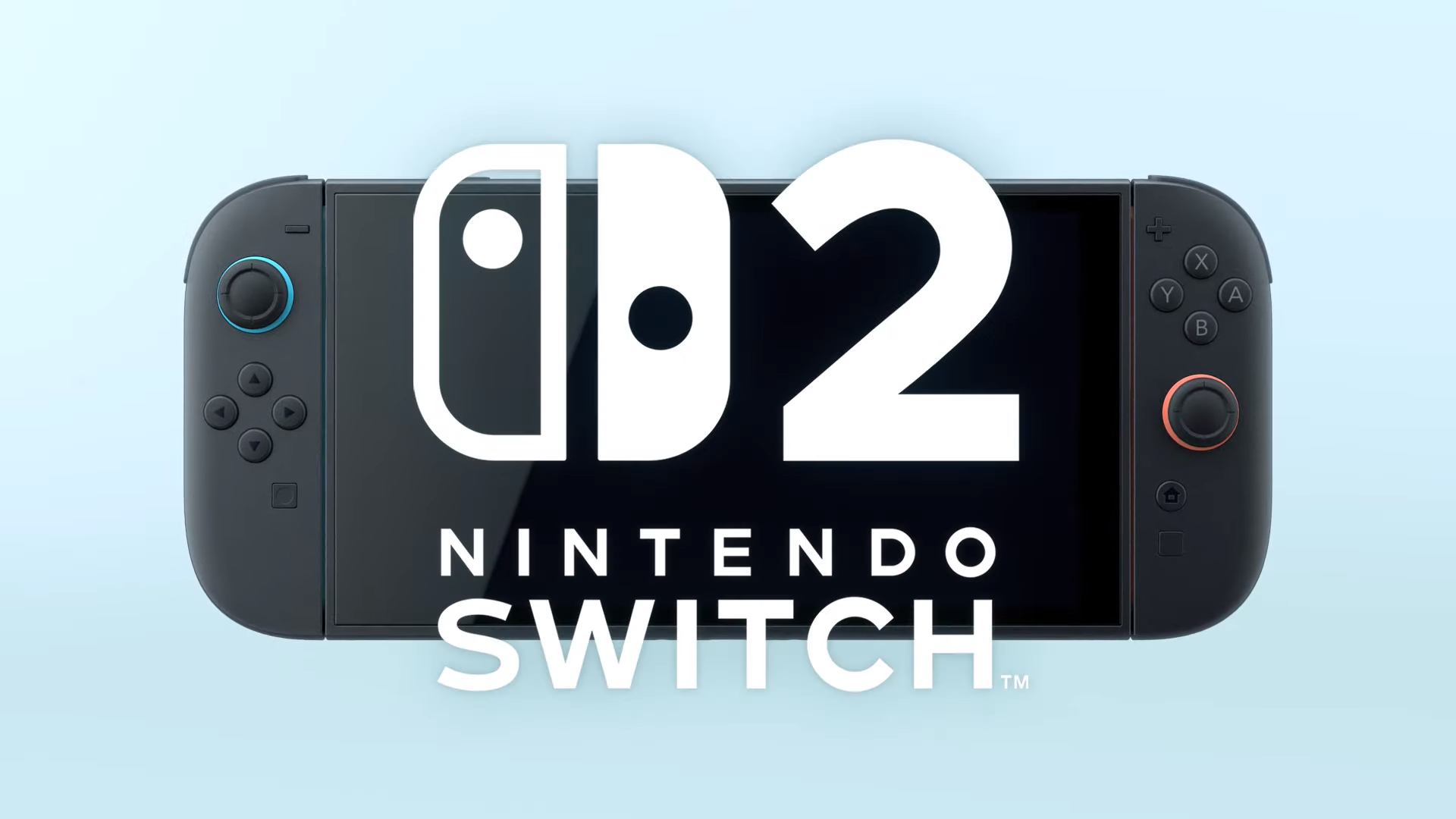Nvidia GeForce RTX 5070 Ti: Performance Unveiled
- By George
- Apr 13,2025
When the Nvidia GeForce RTX 5090 was released, it disappointed many with its modest performance gains over the RTX 4090, especially considering its steep price. In contrast, the Nvidia GeForce RTX 5070 Ti, while not significantly faster than its predecessor, offers a more budget-friendly option, making it a more appealing choice from the Blackwell series for those not looking to break the bank.
Priced at a base of $749, the GeForce RTX 5070 Ti stands out as an exceptional 4K graphics card, effectively overshadowing the pricier RTX 5080. However, transparency is key: the RTX 5070 Ti model I reviewed was an aftermarket version from MSI, priced at a hefty $1,099, which exceeds the cost of the $999 RTX 5080. Assuming you can find the RTX 5070 Ti at its base price of $749, it emerges as the best graphics card for the majority of users, particularly those aiming to game at 4K.
Purchasing Guide
The Nvidia GeForce RTX 5070 Ti becomes available on February 20, 2025, with a starting price of $749. Be aware that this is merely a base price, and various models may be priced significantly higher. At $749, it's a solid value proposition, but as the price approaches that of the RTX 5080, its appeal diminishes.
Nvidia GeForce RTX 5070 Ti – Photos
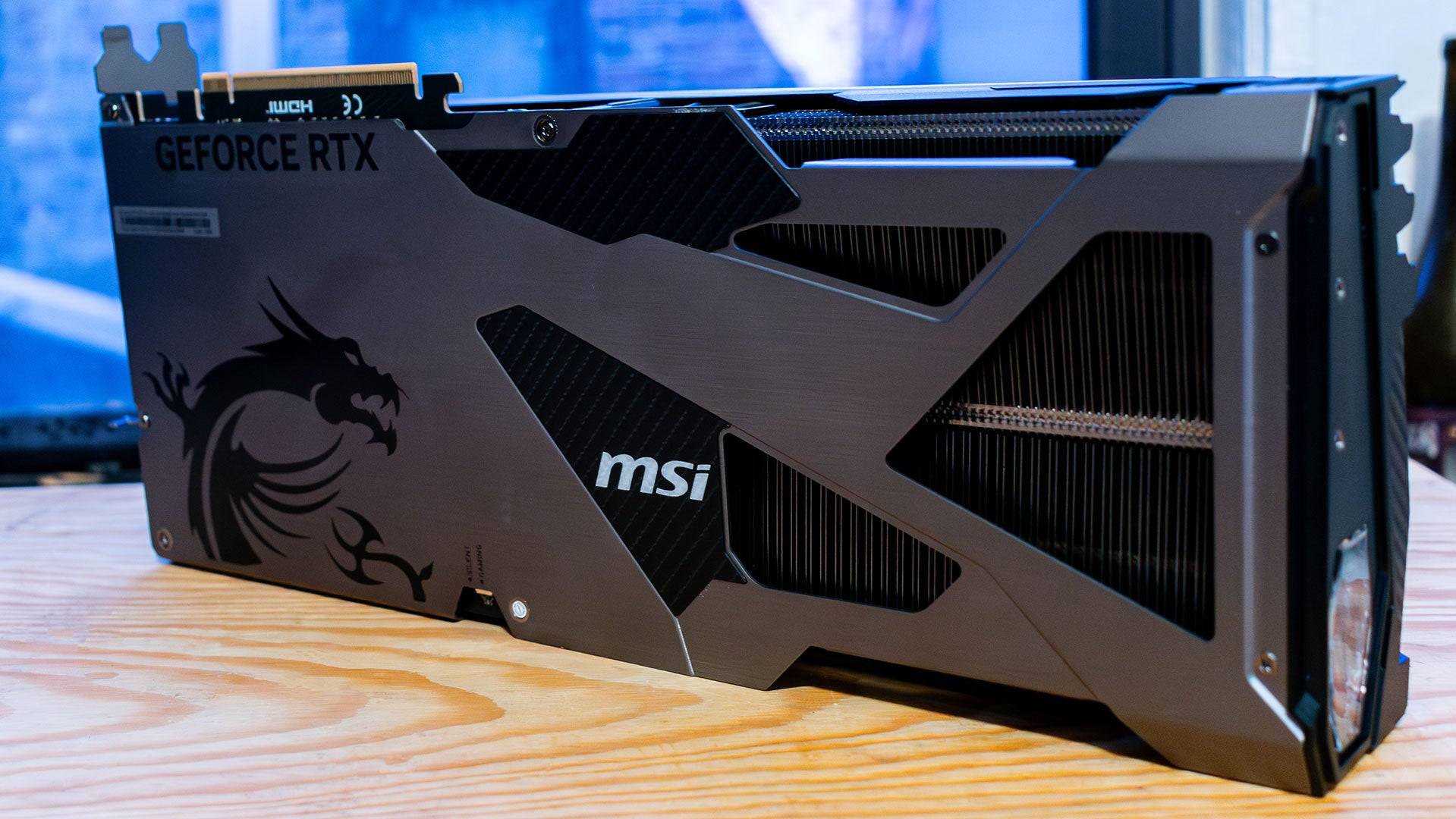
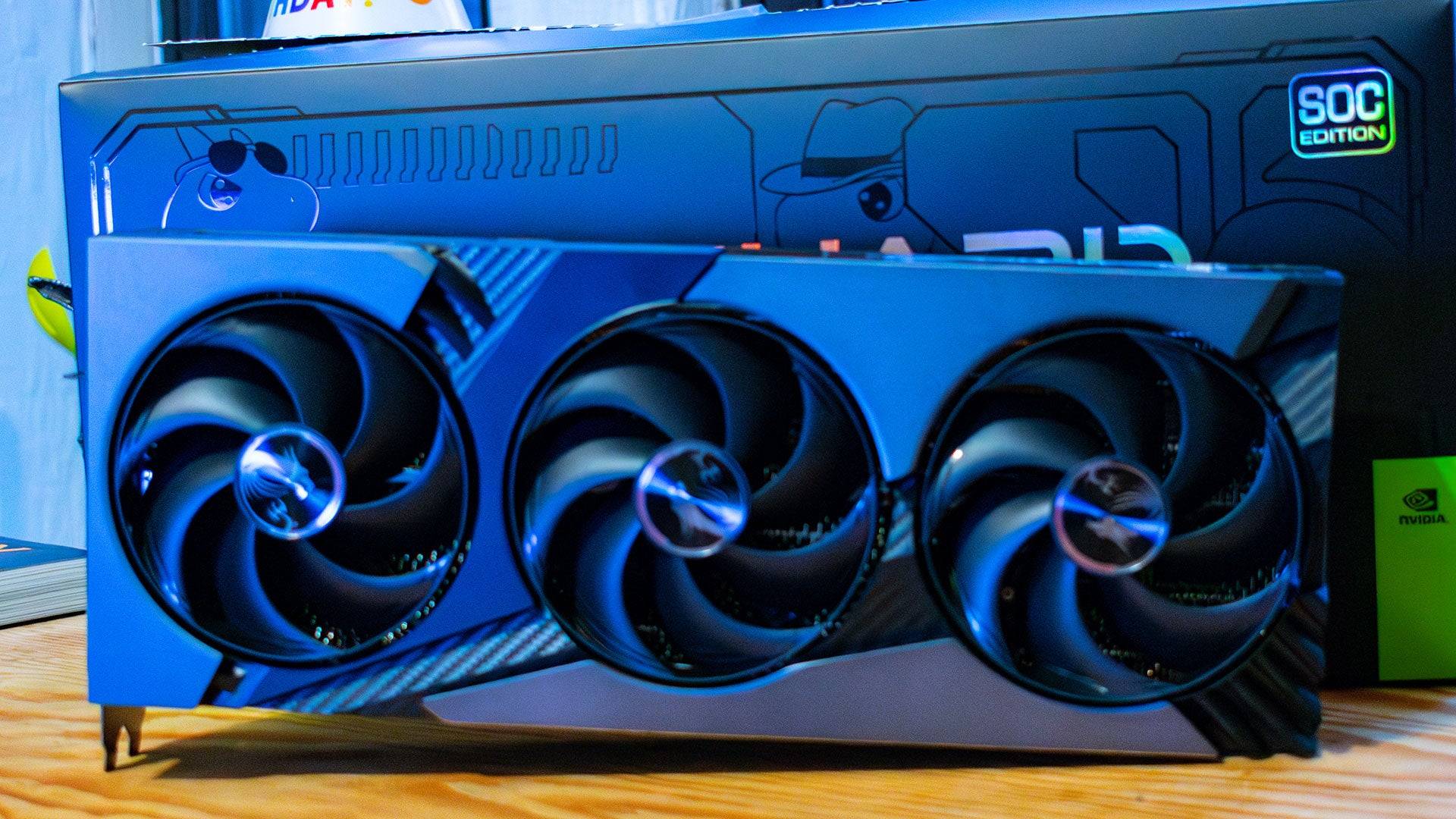 6 Images
6 Images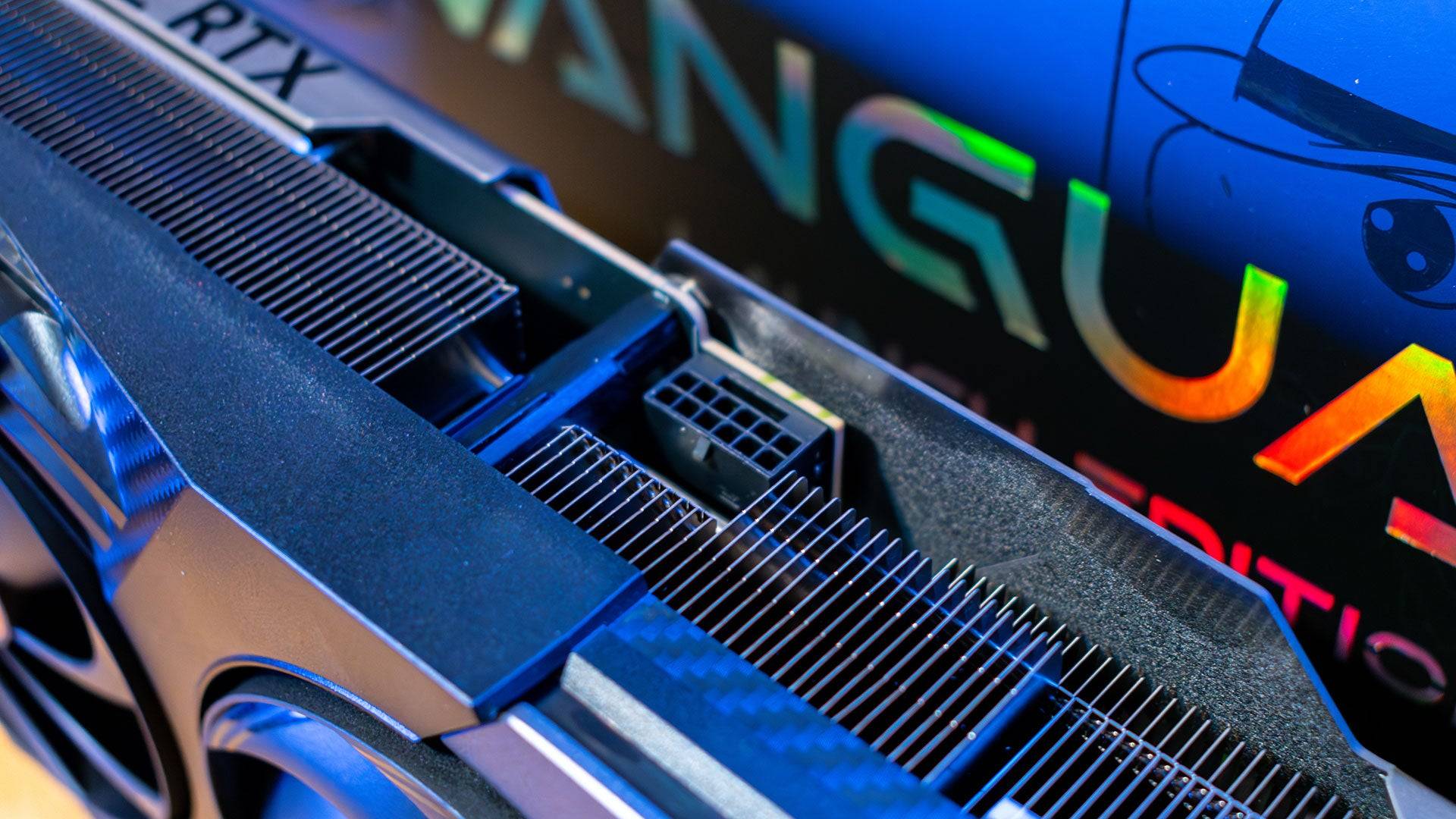
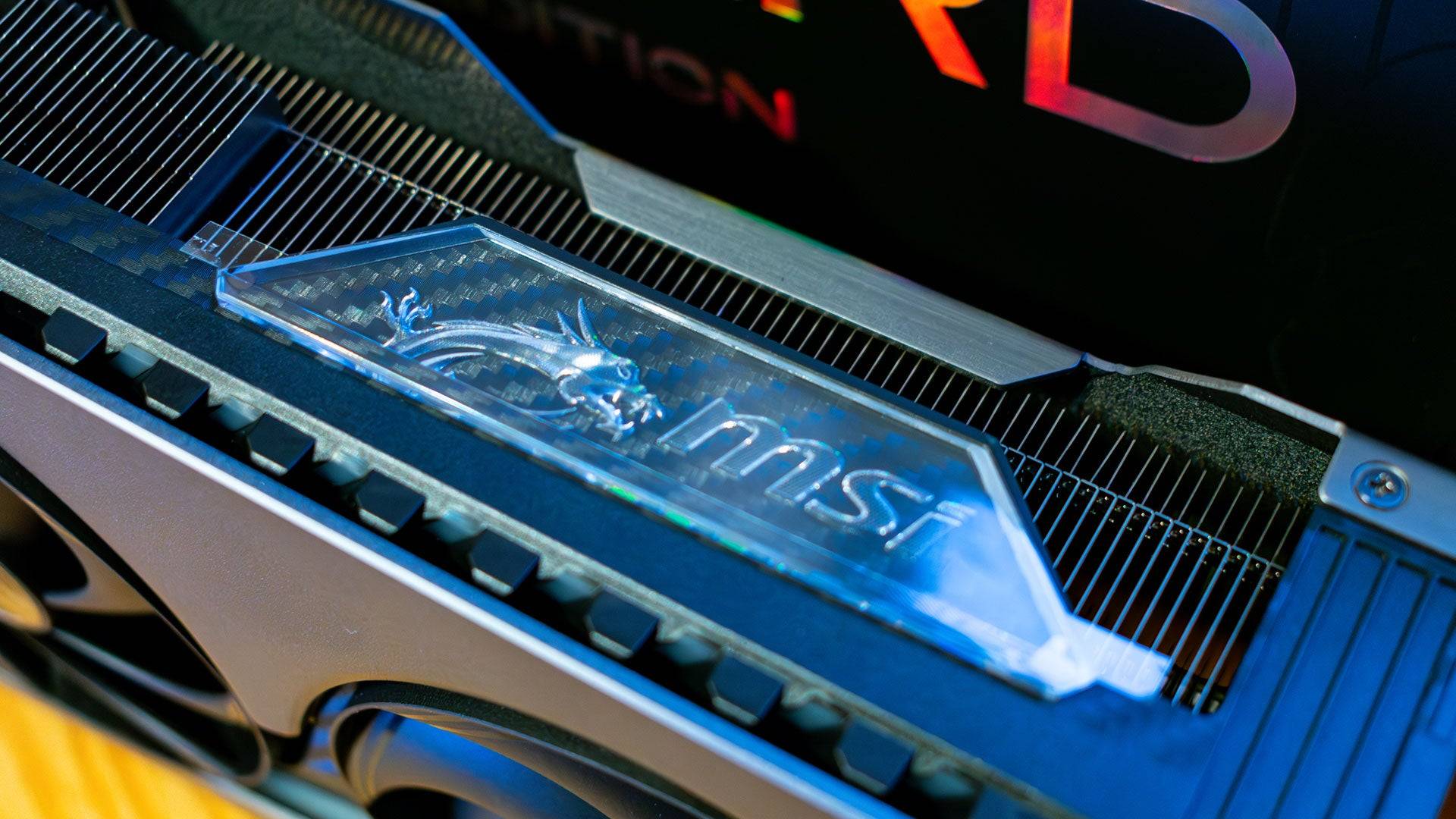
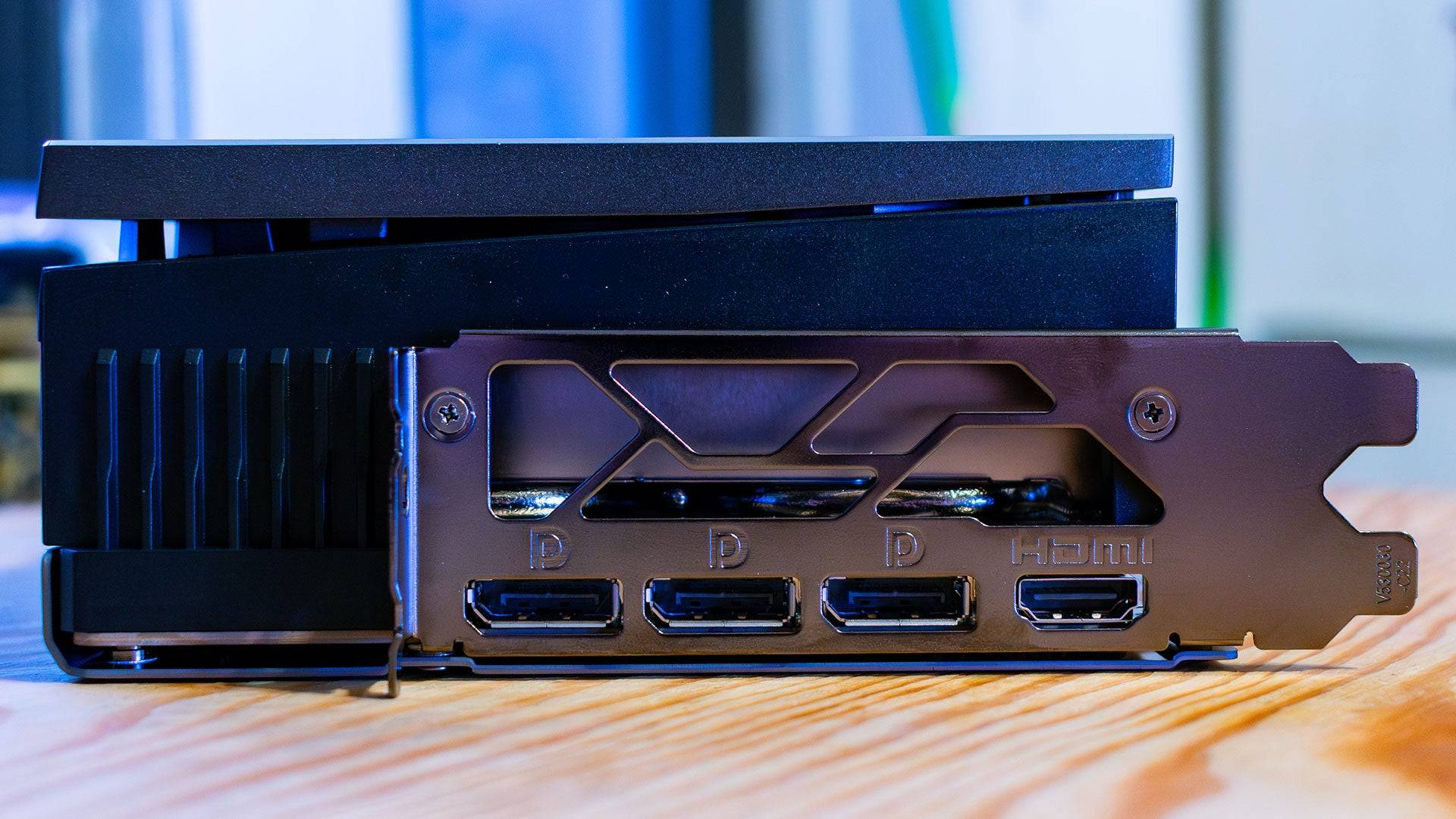

Specs and Features
The Nvidia GeForce RTX 5070 Ti marks the third entry in Nvidia's Blackwell architecture lineup. Originally designed for AI-driven supercomputers like those powering ChatGPT, this architecture has been adapted for gaming GPUs while maintaining its AI-centric approach.
This model utilizes the same GB203 GPU as the RTX 5080 but with 14 of its streaming multiprocessors (SM) disabled, resulting in 70 SMs and a total of 8,960 CUDA cores, 70 RT cores, and 280 Tensor Cores. It comes equipped with 16GB of GDDR7 RAM, though at a slightly reduced speed compared to the RTX 5080. The Tensor Cores are the highlight here, designed to leverage AI for enhanced upscaling and frame generation, surpassing the performance of the RTX 4070 Ti's CUDA cores.
The Blackwell architecture introduces a new AI Management Processor (AMP), which offloads tasks traditionally handled by the CPU, thereby improving efficiency for processes like DLSS and frame generation. This efficiency has prompted Nvidia to update DLSS, shifting from a Convolutional Neural Network to a Transformer model. This change enhances image quality by reducing ghosting and other artifacts.
DLSS 4 also introduces "Multi-Frame Generation" (MFG), which can produce up to three AI-generated frames for each rendered frame, potentially quadrupling frame rates. However, this comes with increased latency, which Nvidia aims to mitigate with Reflex technology.
With a Total Board Power of 300W, the RTX 5070 Ti is only marginally more power-hungry than its last-gen counterparts, the RTX 4070 Ti and RTX 4070 Ti Super. Nvidia suggests a 750W power supply, but for safety, an 850W PSU is recommended, especially for high-end models like the MSI Vanguard Edition reviewed here.

DLSS 4 – Is It Worth It?
The RTX 5070 Ti offers improved performance over its predecessor, but the true star of the show is DLSS 4, especially its Multi-Frame Generation capability. This technology can significantly boost frame rates on high-refresh-rate monitors, though it may introduce some latency.
MFG works by analyzing rendered frames and motion data from the game engine to predict and generate new frames. While the RTX 4090 used similar technology, MFG scales this up by generating up to three frames per rendered frame. This can theoretically quadruple frame rates, although real-world results may vary.
In Cyberpunk 2077, with the Ray Tracing Overdrive preset and DLSS on performance, the RTX 5070 Ti achieved 46 fps with 43ms latency. With 2x frame generation, the frame rate rose to 88 fps, but latency increased to 49ms. At 4x frame generation, the frame rate reached 157 fps, but latency climbed to 55ms, marking a 3.4x increase in frame rate with higher latency.
In Star Wars Outlaws at 4K Max settings with DLSS set to performance, the RTX 5070 Ti managed 67 fps. With 2x frame generation, the frame rate increased to 111 fps, and latency actually decreased from 47ms to 34ms, thanks to Reflex. At 4x frame generation, the frame rate reached 188 fps, with latency rising to 37ms.
While Multi-Frame Generation enhances smoothness on high-refresh displays, it doesn't necessarily improve responsiveness due to the increased latency. However, the latency increase is minimal if you're starting with a high frame rate, making the RTX 5070 Ti suitable for 4K gaming without noticeable lag or artifacts.
Nvidia GeForce RTX 5070 Ti – Benchmarks
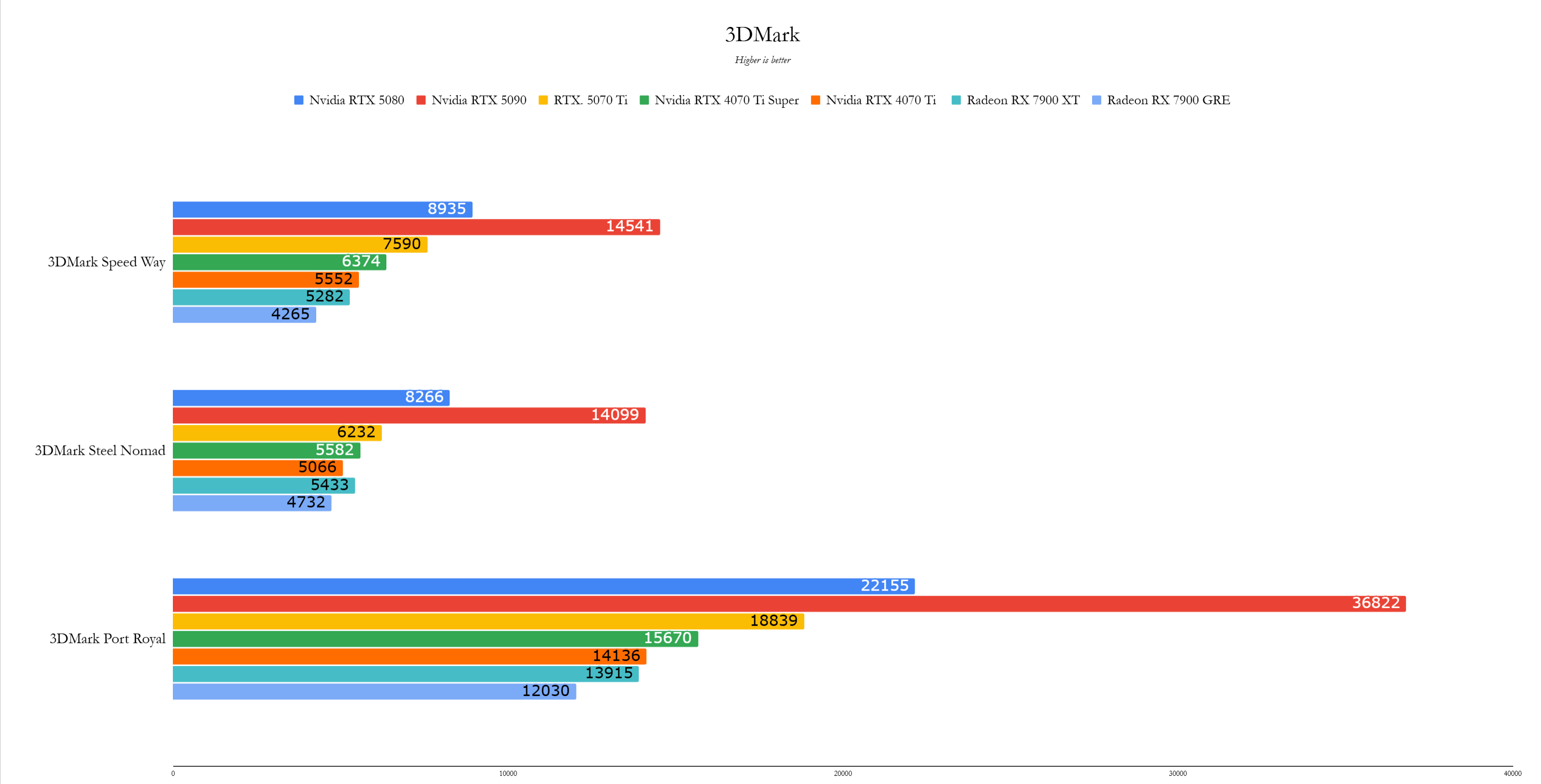
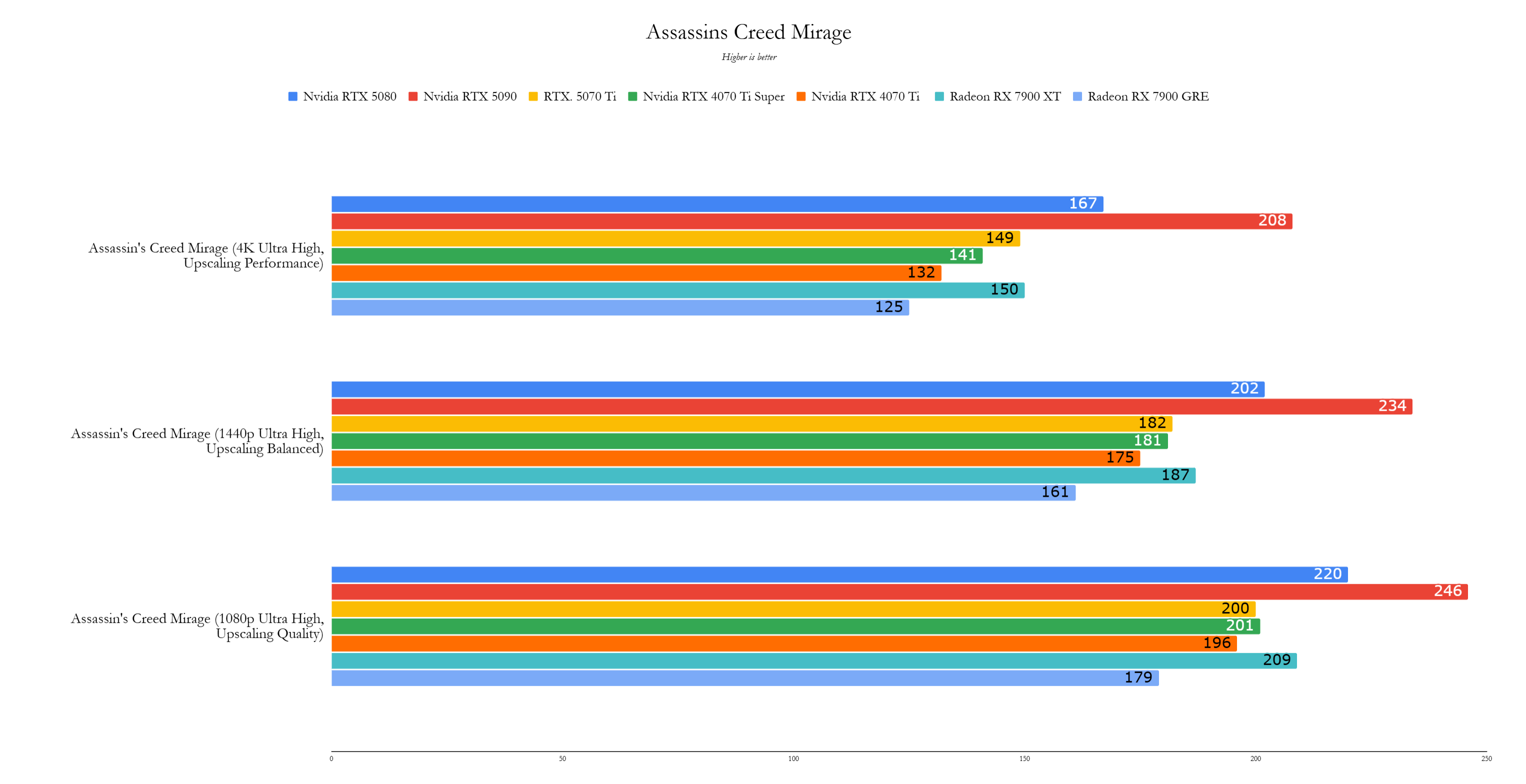 12 Images
12 Images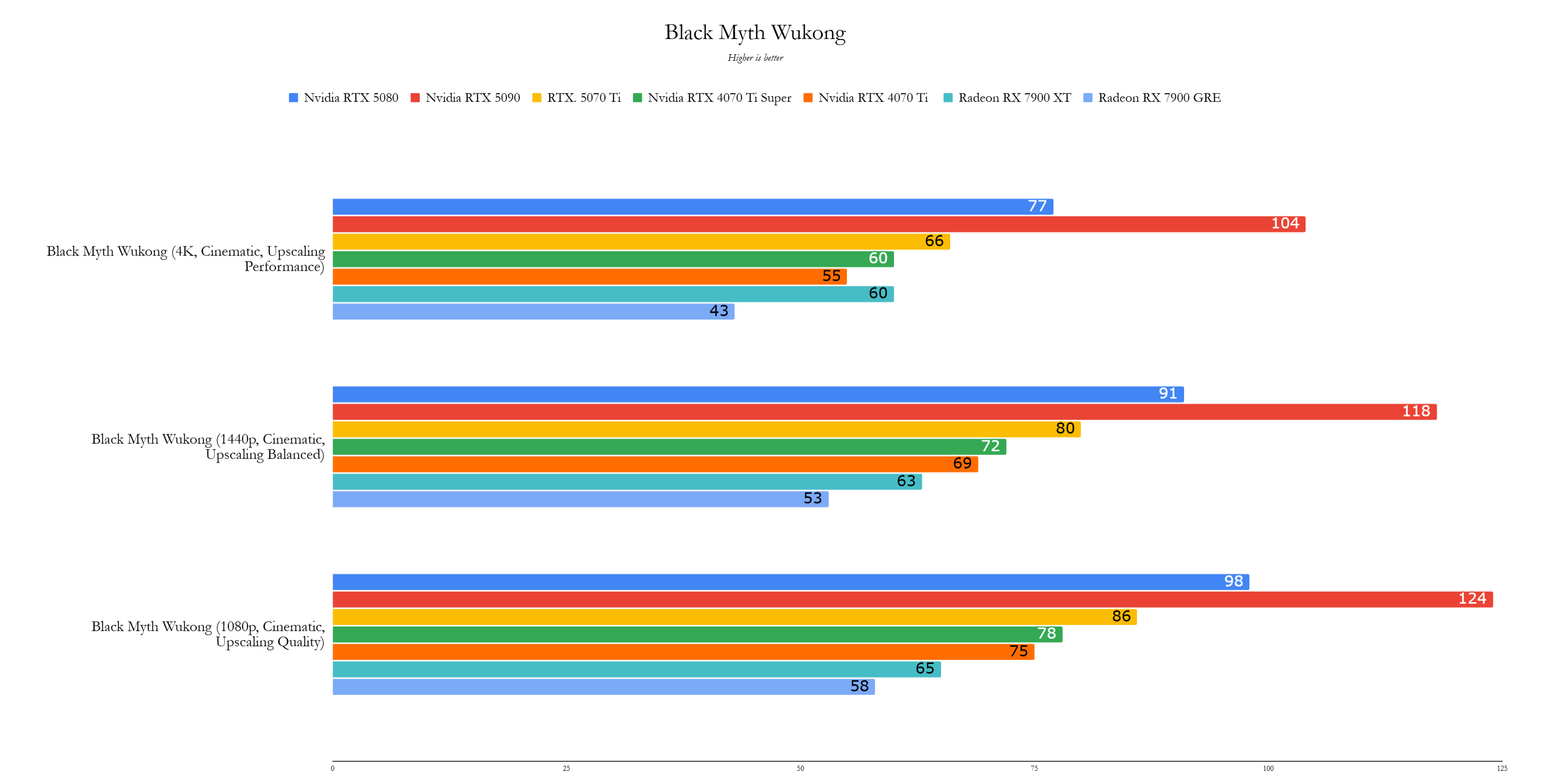
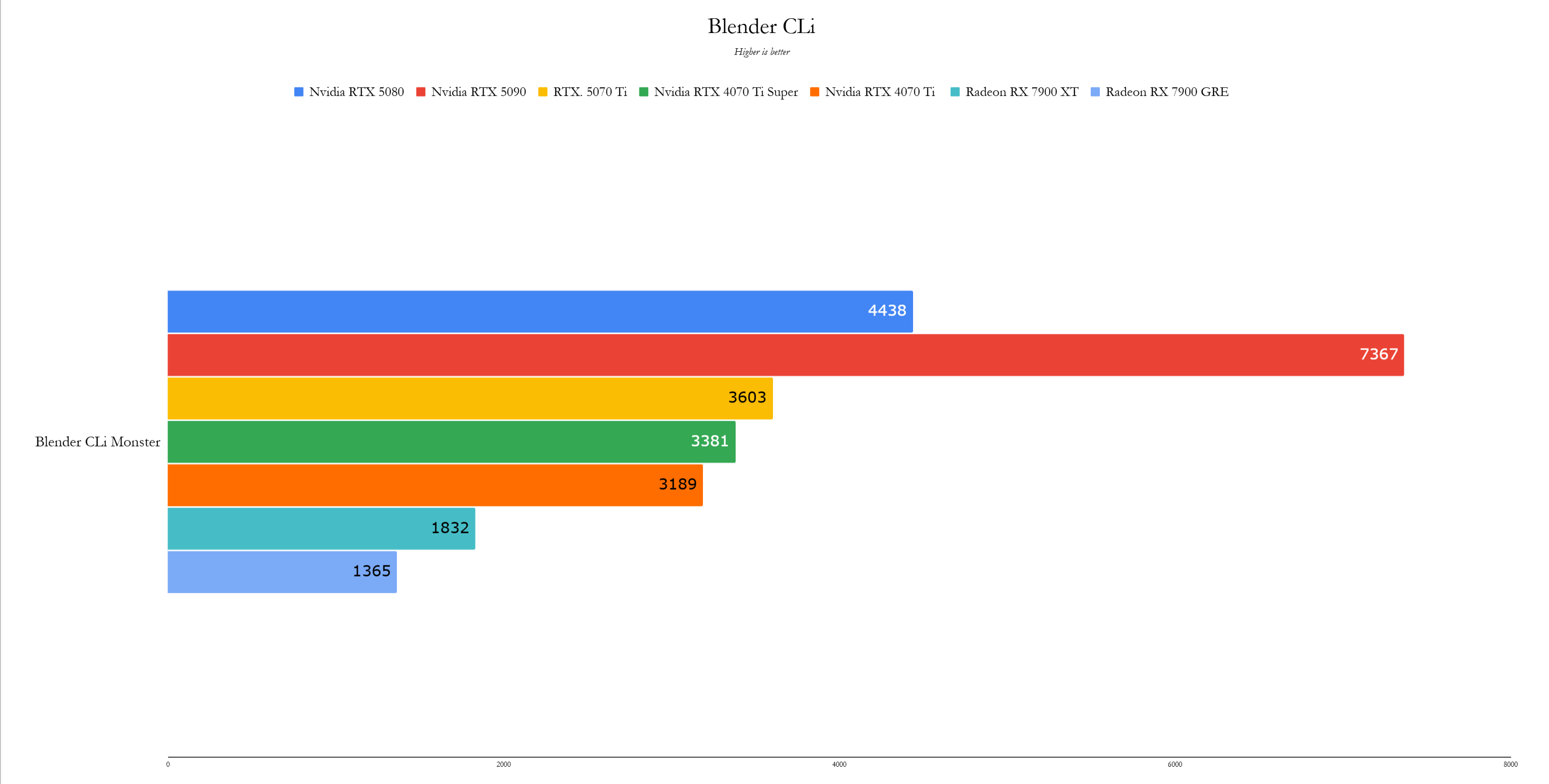
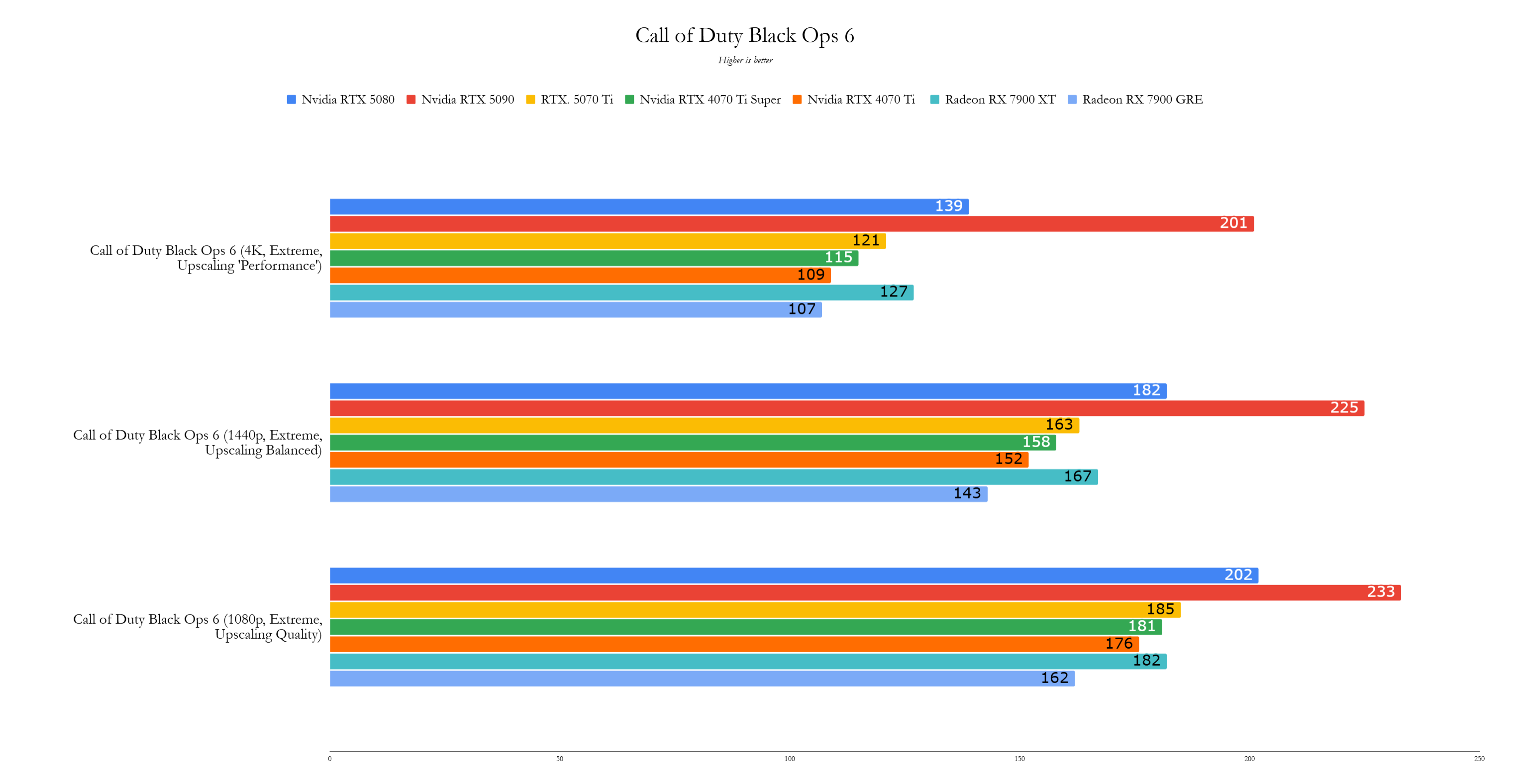
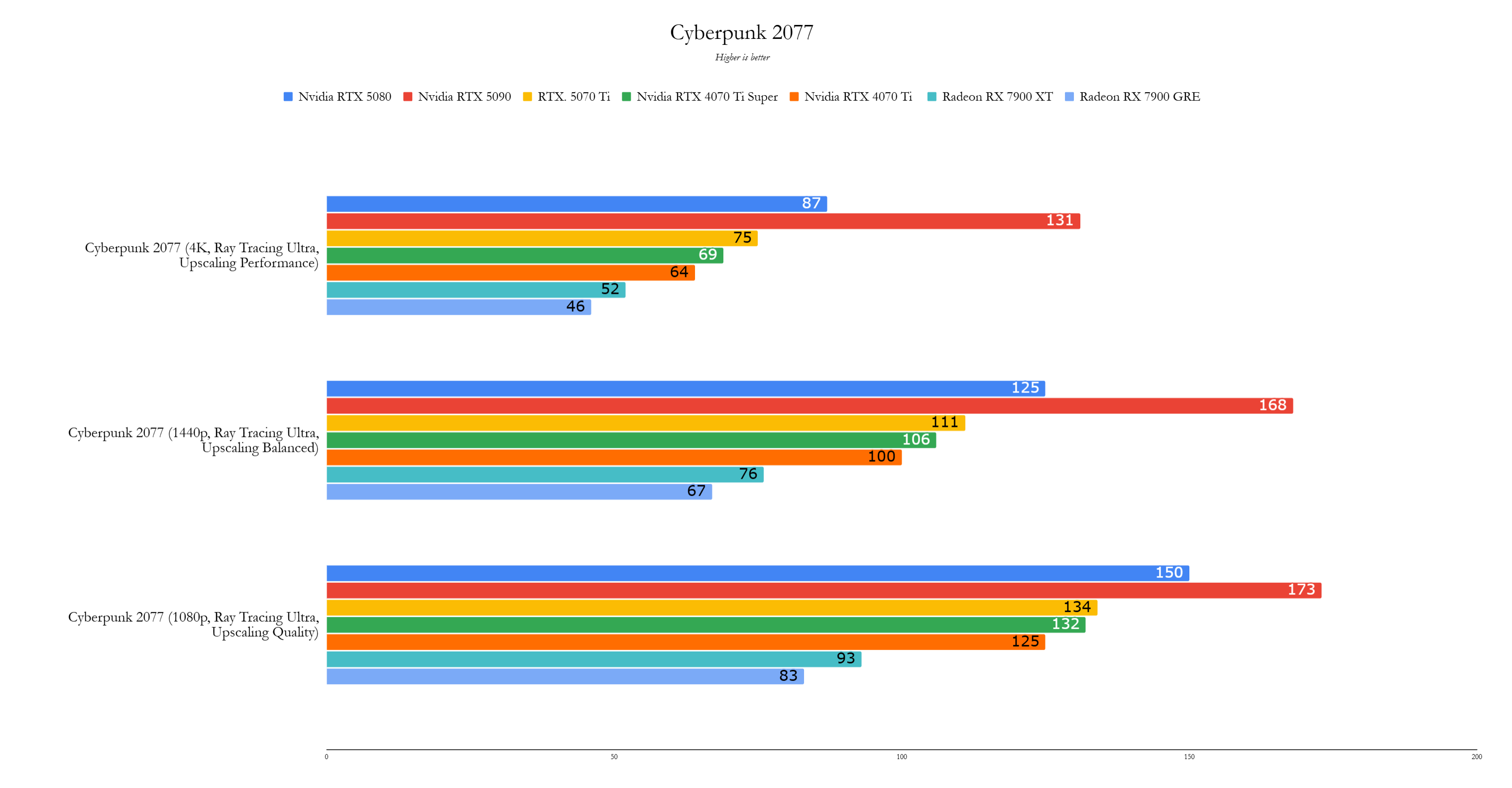
Performance
At 4K, the Nvidia GeForce RTX 5070 Ti delivers an 11% performance boost over the RTX 4070 Ti Super and a 21% increase over the RTX 4070 Ti. This represents a significant generational improvement, positioning the RTX 5070 Ti as the best value graphics card in the current lineup. It consistently achieved over 60 fps at 4K, even in demanding titles like Black Myth Wukong and Cyberpunk 2077.
The test system used included an AMD Ryzen 7 9800X3D CPU, an Asus ROG Crosshair X870E Hero motherboard, 32GB of G.Skill Trident Z5 Neo RAM at 6,000MHz, a 4TB Samsung 990 Pro SSD, and an Asus ROG Ryujin III 360 CPU cooler. The RTX 5070 Ti was tested at stock settings to reflect general performance, despite being an MSI Vanguard SOC model.
All tests were conducted on the latest game versions and drivers, with the RTX 5070 Ti using a pre-release driver from Nvidia. Frame Generation was disabled, and upscaling was used where supported by both DLSS and FSR, tailored to each card's technology.
In 3DMark Speed Way, the RTX 5070 Ti scored 7,590 points, a 19% improvement over the RTX 4070 Ti Super and a 36% leap over the RTX 4070 Ti. In Port Royal, it scored 18,839 points, compared to 15,670 and 14,136 for the RTX 4070 Ti Super and RTX 4070 Ti, respectively, highlighting its potential for future growth as drivers and games evolve.
In actual gaming scenarios, the RTX 5070 Ti showed mixed results. In Call of Duty: Black Ops 6 at 4K Extreme, it achieved 121 fps, only a 5% improvement over the RTX 4070 Ti Super. However, in Cyberpunk 2077 with Ray Tracing Ultra at 4K, it maintained 75 fps, solidifying its 4K gaming credentials.
Metro Exodus: Enhanced Edition, tested without upscaling, saw the RTX 5070 Ti hit 48 fps at 4K on the Extreme preset, slightly better than the RTX 4070 Ti Super's 45 fps. In Red Dead Redemption 2, it was 2% slower than the RTX 4070 Ti Super, achieving 113 fps compared to 115 fps.
Total War: Warhammer 3, without ray tracing or upscaling, saw the RTX 5070 Ti deliver 78 fps at 4K max settings, a 15% and 30% improvement over the RTX 4070 Ti Super and RTX 4070 Ti, respectively.
In Assassin's Creed Mirage, the RTX 5070 Ti managed 149 fps at 4K with the Ultra High preset, slightly outperforming the RTX 4070 Ti Super's 141 fps but falling short of the Radeon RX 7900 XT's 150 fps.
Black Myth Wukong, a highly demanding game, saw the RTX 5070 Ti achieve 66 fps at 4K with the Cinematic Preset and DLSS at 40%, a 10% improvement over the RTX 4070 Ti Super and matching the Radeon RX 7900 XT.
Forza Horizon 5, which favors high frame rates, saw the RTX 5070 Ti hit 152 fps at 4K with the Extreme preset, a 15% and 21% improvement over the RTX 4070 Super and RTX 4070 Ti, respectively, and a 10% lead over the Radeon RX 7900 XT.
In today's market, even mid-range cards are capable of handling 4K gaming. If you can secure the Nvidia GeForce RTX 5070 Ti at its starting price of $749, it offers the best value for money, especially for 4K gaming. Not only does it provide a solid performance uplift over its predecessor, but it does so at a more affordable price point than the RTX 4070 Ti.
Latest News
more >-

-

-

-
- Cardinals Watch Conclave Ahead of Key Event
- Feb 15,2026
-



